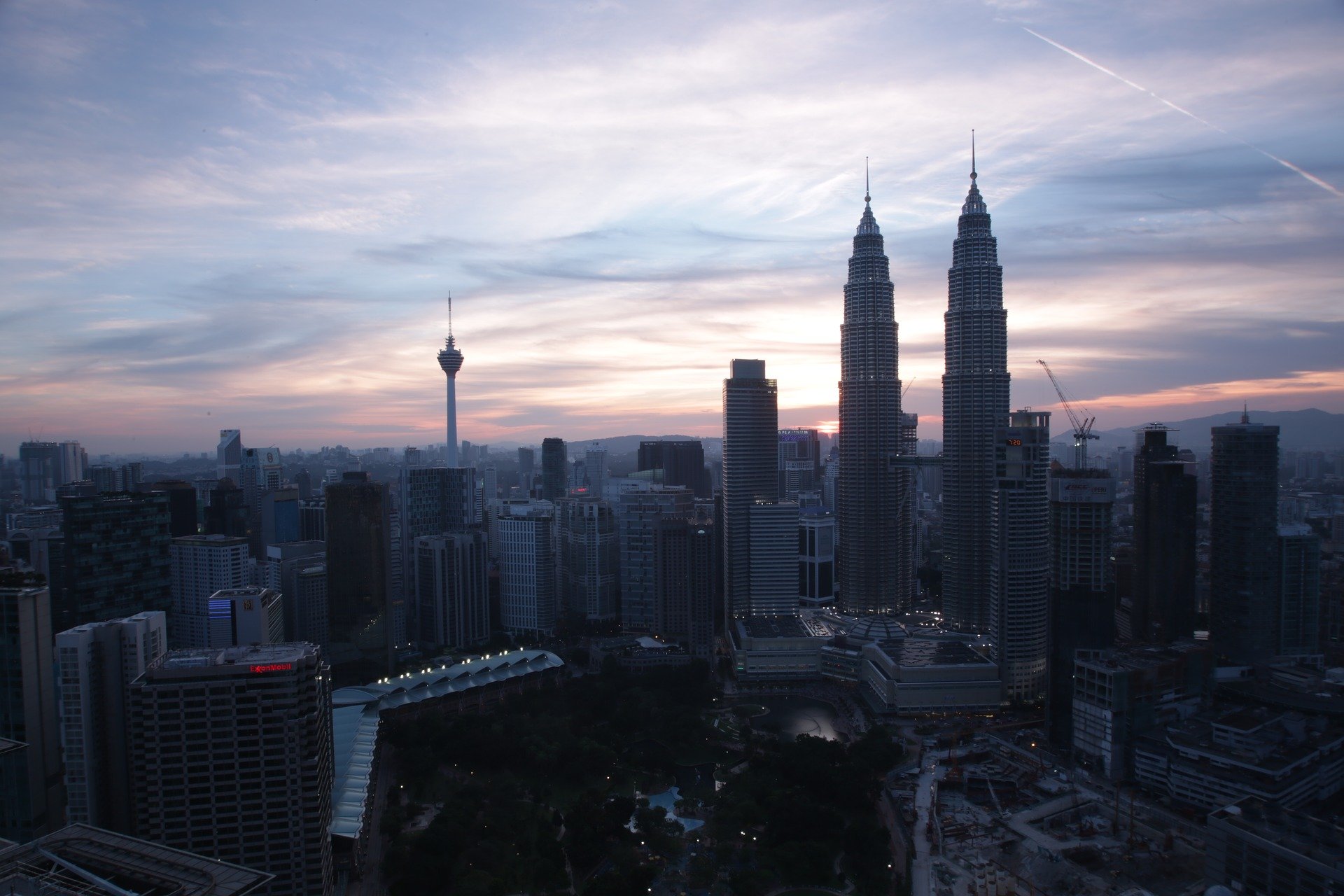Kuala Lumpur has been ranked No. 32 in the Safe Cities Index by the Economist Intelligence Unit, scoring mainly borderline points in terms of digital, health, infrastructure, and personal safety.
The annual report, which this year sees the Danish city of Copenhagen in the number one spot, ranks a total of 60 cities worldwide. While Kuala Lumpur didn’t quite excel in terms of safety, it is still considered safer than other popular cities like Beijing, Dubai, and Jakarta, and even attained the tenth spot for environmental security by scoring 81 points out of 100.
“The index encompasses multiple dimensions such as governance, infrastructure, as well as socio-economic factors and technological systems. The index also covers major cities across different geographies, income levels and sizes,” senior editor Naka Kondo said.
The city ranked 35 for digital safety, 38 for health, 33 for personal, and 37 for infrastructure security. It got an overall score of about 67 points, which is more than 20 points away from Copenhagen, which got 82.4 points.
“In recent years, urban safety has evolved to include factors that range from the physical to the virtual,” Naka said, adding: “Moreover, the COVID-19 pandemic has exposed gaps and weaknesses in existing defences in cities, leading policymakers to urgently refocus their attention on the evolving risks and rethink their urban strategies.”
Naka said experts have informed the team that the health crisis has changed the whole concept of urban safety, also noting that digital security is now even more important considering that work and commerce have moved online.
“Those responsible for infrastructure safety have to adjust to dramatic changes in travel patterns and where residents consume utilities; those responsible for personal security need to address a large, lockdown-driven shift in crime patterns; and, the priority that officials and urban residents assign to environmental security has risen, as Covid-19 serves as a stark warning of unexpected crises,” Naka said.
Other cities that made it to the top 10 were Toronto, followed by Singapore, Sydney, Tokyo, Amsterdam, Wellington, Hong Kong, Melbourne and Stockholm.
The EIU study looks at 76 indicators across the five security domains, namely digital, health, personal, infrastructure and environmental, which was introduced this year.
Other stories:
Ismail Sabri Yaakob named Malaysia’s next prime minister
Welfare home owner claims trial over brutally injured girl with Down Syndrome





Reader Interactions